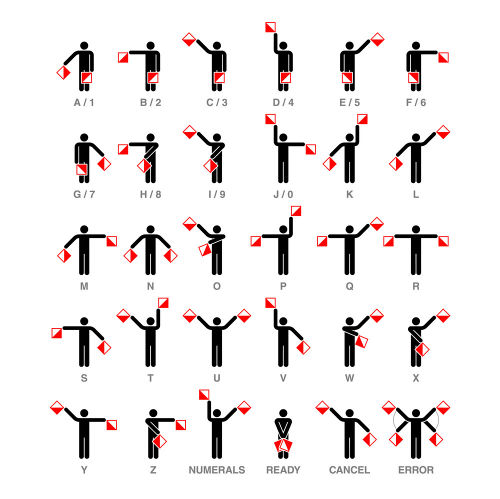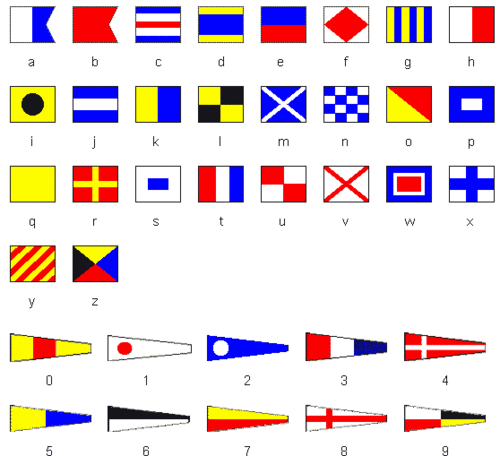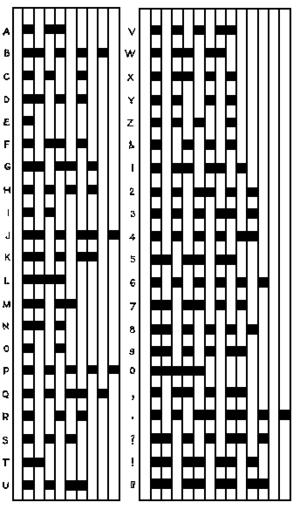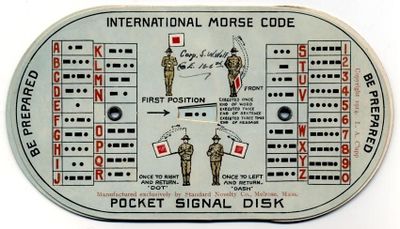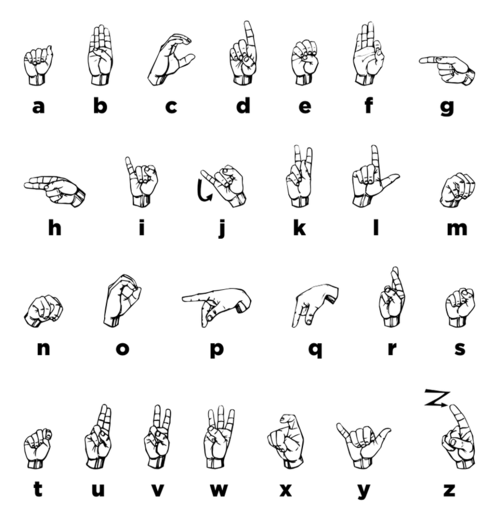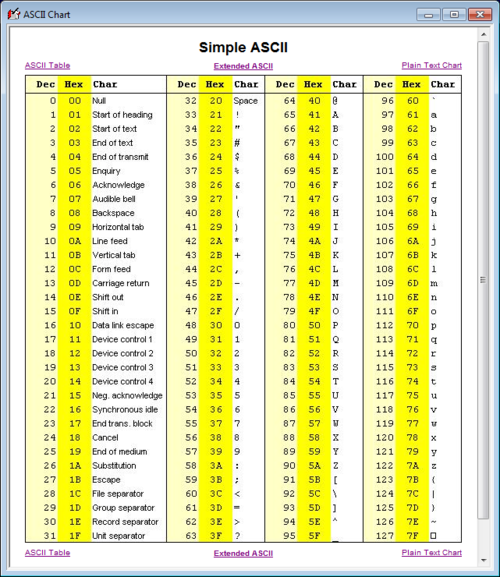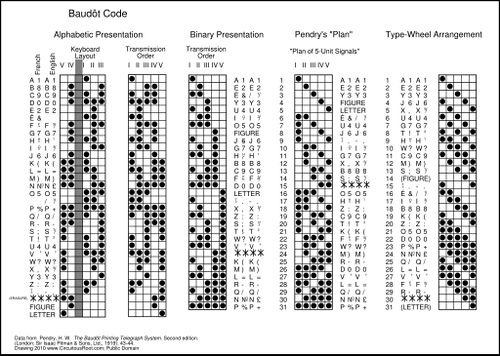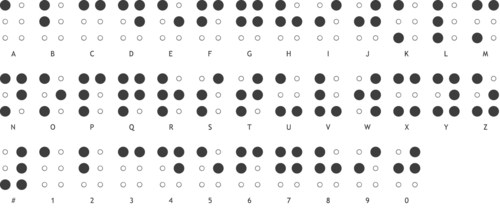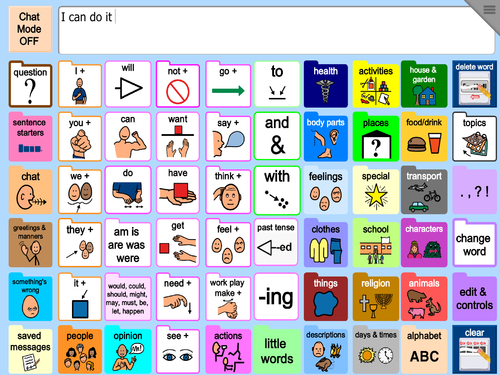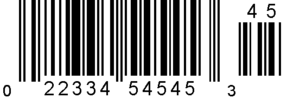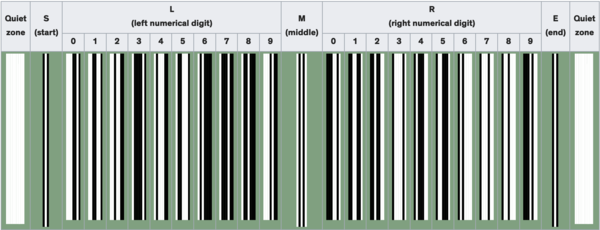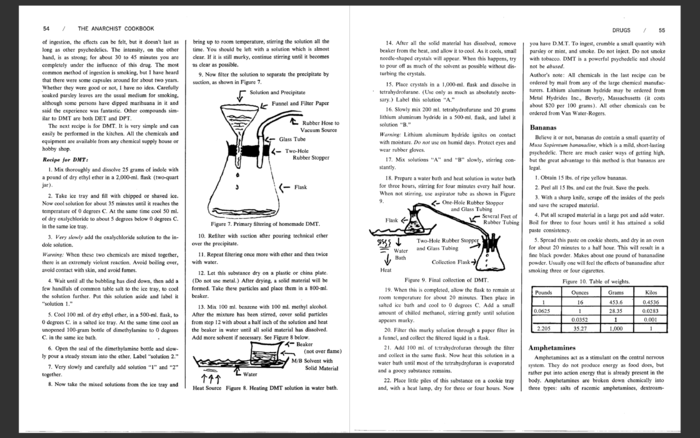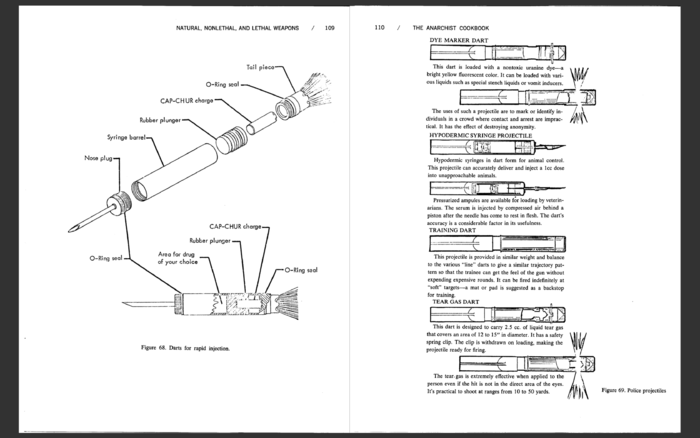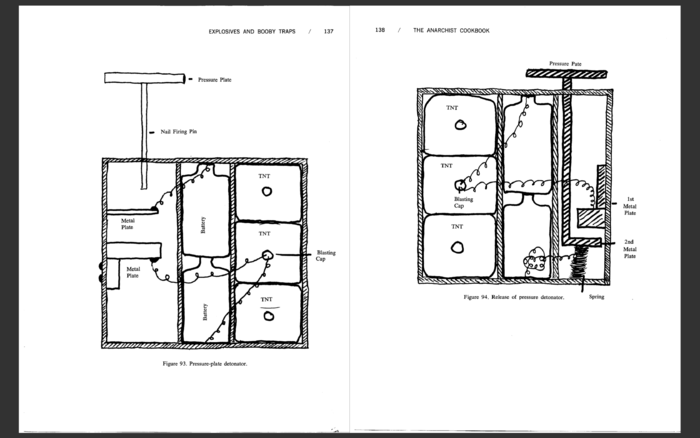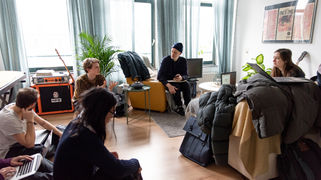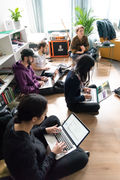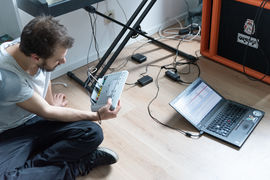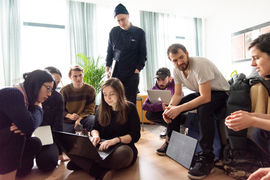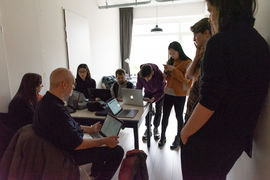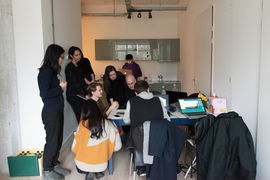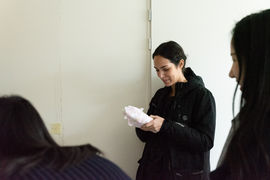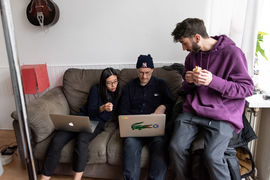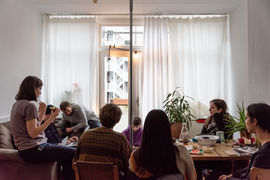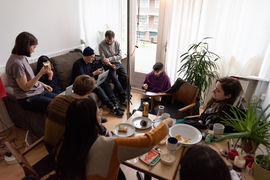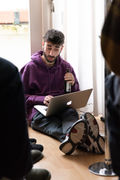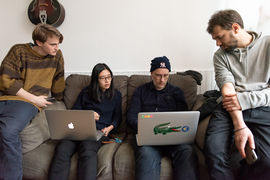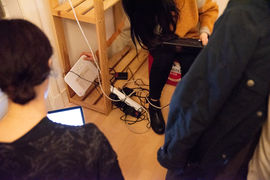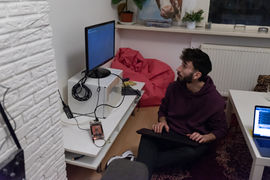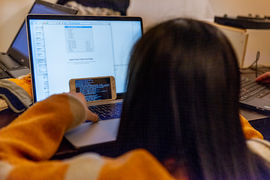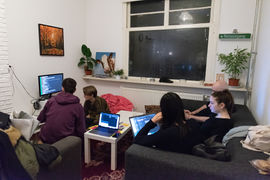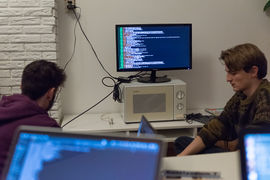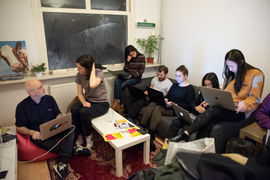User:Pedro Sá Couto/Special Issue 8
Personal Research Proposal SI — 8
Metting 01
In the first meeting oriented to our personal research (05-03-2019) I was focused on the traces that we had left behind and how they affect what we have been working so far. I started also to think about different communication in different mastodon instances and how is this possible and why is it valuable. Different instances have different interests, different codes of conduct even though all of them follow the same general mastodon.social one. What is the interest in communicating with each other?
Getting lost in translation
From the beginning of our project we needed different layers of security to build our project, we started from setting up our router and removing the root user, we have created stronger passwords, when we wanted to have https running we asked Let's Encrypt for free certificates , we have set up XMPP accounts, mastodon accounts keys, etc. We have the need to go fully prepared online by creating safe points around us, but when we get in, it is a wide open field.
The power to transfer messages from one point to the other without getting lost in translation has been a seeking goal for humans and a lot of traces been left behind. What were the strategies used? Can we use these same strategies to get lost with a purpose, to get past the machine comprehensible language and talk around small networks about whatever we would like to?
Nowadays platforms try to create safe places for us, even though we might not seek them, we have not only created passwords to protect our information but we are able to understand that mainstream platforms try to lead us to an emotionally safe place. Facebook deletes posts that are violent, youtube removes videos and twitter also bans them. But what are the borders of being safe online and being free?
Questions
— Why do we settle so many boundaries to what the internet is and for what can be talked online? — Who settled them and why are we obliged to agree with them. — Why are there still instances on mastodon being silenced or suspended (https://toot.cafe/about/more#blocked-instances) if they are self-managed, there is never the idea of own rules once we are in mastodon, that is a platform where "everyone is welcomed as long as they follow their code of conduct!" — What if the message is not attached to the medium.
Interventions on the web
A set of anarchist tools to provide user connections for communities that want to have full online disclosure, either inside mainstream platforms or in other alternative platforms.
Should the tools be built or should it be as in the Anarchist cookbook that is a compilation of already existing tools, that further on teaches how to use them? This power is not accessible to everyone but should it be?
Goals and concerns
I am aware that this approach could lead to violent groups (right wings, violent groups, online black markets, terrorists, etc..) a space to talk about online and spread their ideas but it is about giving power to the people and stimulate other ways to think about how we consume and how we are also used as data online. Increasing our capacity of communication further away from a machine comprehensible algorithm and constantly change this to be untraceable.
Research
Different Communication systems
*Semaphore Flags*
*Maritime Flags*
*Smoke*
*Morse*
*Hand signs*
*ASCII*
*Baudot Binary*
*Braille*
*Keyboard Code*
*Augmentative Alternative and Communication*
*UPC barcodes*
Some web interventions
*Chrome Extension Turns Amazon Into a Pirate eBook Site *http://fffff.at/pirates/
The Anarchist Cookbook
The Anarchist Cookbook, first published in 1971, is a book that contains instructions for the manufacture of explosives, rudimentary telecommunications phreaking devices, and related weapons, as well as instructions for home manufacturing of illicit drugs, including LSD. It was written by William Powell at the apex of the counterculture era to protest against United States involvement in the Vietnam War. Powell converted to Anglicanism in 1976 and later attempted to have the book removed from circulation, but the copyright belonged to the publisher who continued circulation until the company was acquired in 1991. Its legality has been questioned in several jurisdictions.
HOME SERVER
Infrastructour
SPECIAL ISSUE meeting
Discussion about the format of the issue
https://pad.xpub.nl/p/SI8-reflections
Editing with Lídia Pereira
13/02/2019
https://pad.xpub.nl/p/special_issue_19_02_13
Seminar with Florian Cramer
14/02/2019
https://pad.xpub.nl/p/14_02_19_Florian_seminar_01
07/03/2019
https://pad.xpub.nl/p/07_03_19_Florian_seminar_02
Readings
The reading questions are meant to guide you through the text, so keep them in mind when reading the text.
Write down concepts that are new to you or difficult to grasp so they can be discussed in class.
Chantal Mouffe, Art & Democracy
https://readingpublicimage.files.wordpress.com/2012/04/mouffe_open14_p6-151.pdf
* What does the author mean by 'Agonism' * What does the author mean by 'Hegemony' * What does the author see as a 'Critical art practice'? * What four forms of 'critical art practices' does the author propose? * What is a critical art practice to you? Where could that practice take place?
Brian Larkin, The Politics And Poetics of Infrastructure
https://sci-hub.tw/10.1146/annurev-anthro-092412-155522
This text is meant as a general introduction to thinking about infrastructure for Anthropologists but it is a very good condensed overview of different approaches to interpreting infrastructure.
* What infrastructure are you currently using to go through this material? What systems are part of that infrastructure? * What is meant by the 'poetics of infrastructure?' * Why is discussing an infrastructure a categorical act? What is the consequence of this act of categorization? * What can be considered as a difference between a technology or system and an infrastructure? * How can an infrastructure operate as an aesthetic or 'fantastical' object?
Sarah Friend, Decentralization and Its Discontents
https://www.youtube.com/watch?v=Km6EYsBYAlY (documentation of talk during Radical Networks, Berlin)
Homebrew homework (for next week):
Prepare for the infrastructour.
- find out the location of your home router
- figure out if you have physical access to it
- figure out the password of your router
- make sure there are free ethernet ports
- make sure there is power available next to your router (for your server)
- Feminist Server Manifesto (2014) -> https://pad.constantvzw.org/p/feministserver (up to line 32)
- What is a federated network? - http://networkcultures.org/unlikeus/resources/articles/what-is-a-federated-network/
homebrewserver.club, Have you considered the Alternative?
https://homebrewserver.club/have-you-considered-the-alternative.html / http://ilu.servus.at/issue9.html
* How can we situate the authors' claim that there are no alternatives? * According to the article, why does cryptography not fully address privacy-related concerns? * What justifies the authors' choice to advocate for alternative approaches, rather than particular apps? * How can 'scale and trust' be understood within the context of federated alternatives?
Zach Blas, Contra-Internet
https://www.e-flux.com/journal/74/59816/contra-internet/
* According to the author, what is the difference between 'disappearing the internet' and 'killing the internet'? * Is it accurate to establish a comparison between the internet and capitalism? Why? * How can we practically explore and perform the paranode as a concept?
Ulises Carrion, The New Art of Making Books
https://monoskop.org/images/4/4e/Carrion_Ulises_Second_Thoughts.pdf
Peter Blasser, An Essay on Worldmaking in Plumbutter
http://www.ciat-lonbarde.net/plumbutter/index.html
Aditya Mandayam, Crux of the Ooze

